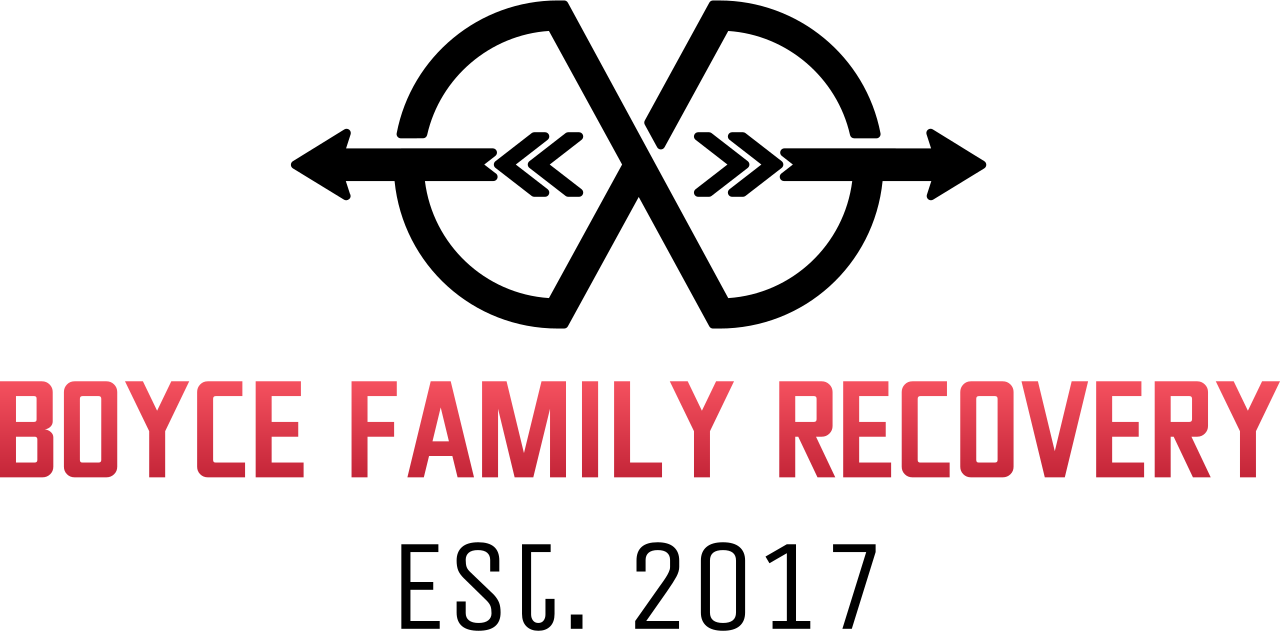Identify and Intervene: Stopping Drug Abuse in Adolescence

Substance abuse throughout America is an epidemic that is continually on the rise, year-after-year. While drug abuse is rampant amongst adults, it’s also a reality among adolescents.
Adolescent substance abuse has dire consequences. The long-term misuse of drugs can have a significant effect on an adolescent’s mental development and physical health. It could also lead to serious legal issues that could alter the course of their lives.
But how do you handle drug abuse in adolescence as a parent? Here’s how to tackle the issue head-on and prepare for a much-needed intervention.
How to Identify Drug Abuse in Adolescence
A 2015 study revealed that almost 50% of U.S. high school seniors have used an illicit drug in their short lifetime, and this does not include alcohol or tobacco. The most commonly used of these illicit drugs is marijuana. If you suspect that your adolescent could be abusing an illicit substance, here’s how to assess the situation and intervene where necessary:
1) Closely Observe Your Teen
Take note of their standard behavior, appearance, level of school work, and other personal habits. Sure, teens are emotional and moody at the best of times, but there are certain red flags that you can’t miss.
This includes ditching friends for a new group, slipping grades, poor self-hygiene and appearance, excessive sleeping, and severe mood swings.This includes ditching friends for a new group, slipping grades, poor self-hygiene and appearance, excessive sleeping, and severe mood swings.
2) Record Your Findings
This may sound excessive, but every time your teen does something out-of-the-ordinary or breaks a rule, make note of it and jot down the date. Track who they were spending time with when this happens, too. This way, you can observe real changes in their behavior and whether it gets progressively worse or not.
It’s also a good idea to keep track of any alcohol, and prescription or over-the-counter drugs in your home. It may sound drastic, but make an effort to count out your pills. This allows you to keep track of what’s missing.
3) Conduct a Search Where Necessary
You may be for or against searching through your teen’s personal belongings. But in some instances, it’s more important than their respecting their personal space.
In order to gather concrete evidence to support your intervention, do a search of your teen’s room to see what you can find. Some of the best places to search include desk drawers, backpacks, the corners of bed sheets, under the mattress, over-the-counter medicine bottles, empty candy wrappers, etc.
4) Assess the Situation and Discuss Options With Your Partner
It’s important that you and your partner are on the same page with regard to an intervention. You have to show a committed and united front so that your teen cannot play on the emotions of a ”softer” or more lenient parent.
It’s a stressful situation for you both, so talking about it can be extremely helpful. Instead of blaming one another, work together to address the problem, and find a solution that works for your family.
4) Planning an Intervention
Before you surprise your teen with an intervention, make sure you plan it out accordingly with your partner. Bear in mind that just one ”drug talk” may not be enough.
It may take a few intervention talks to achieve some form of positive change. Set the intention for each talk and a resolution: does your teen need to see a therapist? Will they obey their curfew? Are they willing to find a new group of friends? Work together to make a change, but don’t set your expectations too high.
5) Preparing For Reactions and Emotions
Remember that an intervention is a highly-charged, emotional process, especially for your teen. They will not be happy about being accused of drug abuse. They may be angry, resentful, and even blame you for their drug abuse. You may be called a liar, a snoop, or a hypocrite. Prepare yourself for a range of emotions and how to handle them as level-headedly as possible.
Find Expert Recovery Coaching For Families and Young Adults
If you aim to tackle the problem of drug abuse in adolescence, make sure to do so with a qualified and experienced recovery coach at your side.
At Boyce Family Recovery, we offer assistance with family interventions, recovery programs, and coaching for troubled teens. Learn more about our family recovery solutions today!
